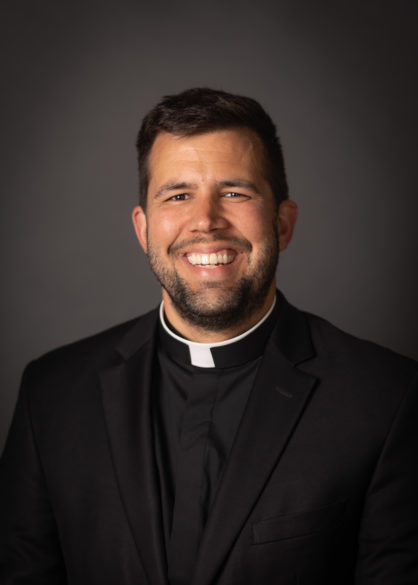God doesn’t call the qualified – He qualifies the called. In my four and half years as a priest I have learned to do countless things that I once thought had “nothing to do” with ministering to God’s people, but which I now realize are mandatory if I am going to be an effective parish priest. I have learned to create agendas and run meetings – not exactly the height of spiritual union with the Lord, but very important if you want your staff, finance council, pastoral council and other committees to be in a good mood. I have learned how to fundraise and create budgets and produce purchase orders and expense reports – not what I immediately thought about when I began to consider the priesthood, but very important when it comes to day-to-day stewardship of the goods that the People of God entrust priests within the church.
I have learned to do all kinds of things that at one stage or another I thought had “nothing to do” with ministering to God’s people, but now I realize that as a priest, especially a diocesan priest, everything that I do can be caught up in the mystery of God’s call to be a priest. When we entrust our lives to the Lord by following his will for us, we allow him to take our lives in whatever direction he sees fit. This is what we prepare men studying for the priesthood to do. They need to be generally prepared to be good leaders, good organizers and good business managers, but they won’t know exactly what will be asked of them until they are out with their flock. Getting ready to be a priest is probably something like getting ready to practice medicine – you get lots and lots of training in med school and then when you put the white coat on, you begin to be challenged by things you never expected.

All this is to say: our seminarians may not take a ‘class’ for every possible situation they’ll be faced with, but they are trained to expect the unexpected and do their best, because God doesn’t call the qualified – he qualifies the called. This means that the most important thing that a man learns in seminary is how to pray and how to remain in relationship with the Lord who has called him to this task and this identity. If a man is deeply rooted in a life of prayer and a joy-filled relationship with the Lord, then he will be up to the task even when the task at hand is something he had never prepared for.
In the past week at my parish, I’ve done a wide scale edit of the website (didn’t learn how to do that in seminary), revamped our social media presence (didn’t learn how to do that either), issued purchase orders for seminarian education (same) and filed expense reports (same). It can be easy to see these tasks as “added burdens,” but that is not the message that the seminary sends to our men. For the diocesan priest, all of these administrative tasks are a part of a loving response to God’s call to the priesthood. These things are important to the life of the church and the life of our people, and so we are trained over 6-9 years to expect the unexpected, and to see every part of our day as an opportunity to minister to the People of God.
– Father Nick Adam
For more info on vocations email: nick.adam@jacksondiocese.org.
